Anthony Albanese could do what no PM has successfully done before
The "climate wars" could soon be over.
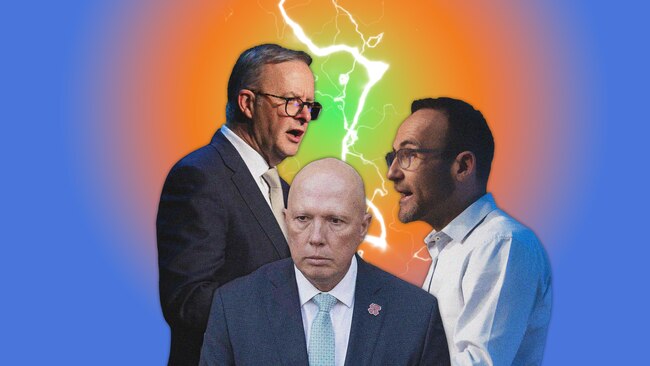
The "climate wars" could soon be over.
Things are about to get nuclear in Canberra.
Not in the renewable sense, but in an energetic way when official discussion about our national energy policy kicks off this week in parliament.
The government wants to get 18 pieces of legislation approved in the coming days and at the top of that laundry list is committing the country to a 43% target for emission reductions by 2030 in a bid to tackle climate change.
Before debate and voting starts in earnest, the government seems confident the bill will pass without having to say a hard no to new oil, gas and coal projects (like the Greens want).
But the hurdle may be something touted as the "emissions mechanism". The details are light on but it will ultimately decide whether a proposed resource project gets the green light for being economically viable.
Climate Change and Energy Minister Chris Bowen said on Tuesday he will be explaining safeguard mechanism and how it will limit emissions and the economic impact it'll have on new projects in the "next few weeks".
There is business support for the 43% target and the government said the mechanism won't have a big impact on the 217 existing projects already going ahead, nor will it affect future gas and coal exploration and extraction plans.
Where they all stand on the climate issue right now
Politics in this country has a long and complicated history with climate change and emissions. It's the Kourtney and Scott of legislation.
Things like emission reduction rules and ETS - emissions trading schemes - have been a hot political potato for more than a decade and burned many a Prime Minister including Kevin Rudd, Tony Abbott and Malcolm Turnbull.
When Abbott was PM he also introduced a "safeguard mechanism" to protect the mining and resources industry from economic whiplash.
Anthony Albanese said his new "mechanism" is not the same.
But the last Labor PM who tried this failed.
Back in 2009 when Kevin Rudd was PM he pitched an ETS.
Badly.
The Greens, then led by Bob Brown, voted against the Carbon Pollution Reduction Scheme.
Twice.
It was then put in the too hard basket and ultimately ended up in the non-recyclable bin in 2010.
Labor now say had that climate change plan been put in place back then it would have already lowered our carbon emissions by 200m tonnes and electricity would be cheaper for everyone.
In 2022, however, we may be getting somewhere and moving on from climate talk to climate action.
What they're saying
Climate Change and Energy Minister Chris Bowen
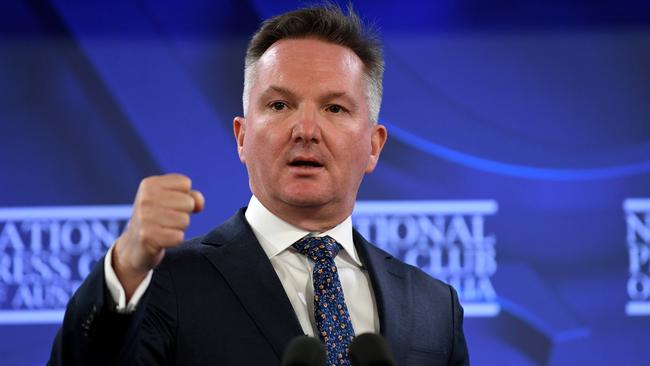
Bowen reckons Australia’s international reputation will suffer if parliament fails get cracking on cracking down on emissions.
"There’s great interest in what’s happening and Australia’s new government’s actions have been warmly welcomed," Bowen said on Tuesday.
He said the Bill - which is an election promise - "makes it clear that 43% is our minimum commitment – and does not prevent our collective efforts delivering even stronger reductions over the coming decade."
Opposition Leader Peter Dutton
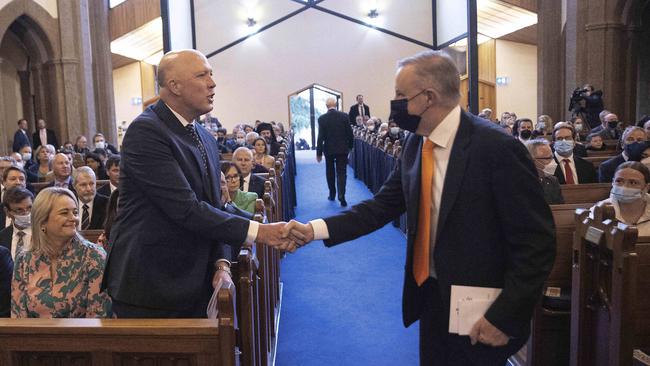
The new Liberal leader isn't buying it. Yet.
The Coalition - the Libs and the Nationals - oppose legislated climate change targets.
Dutton is being bagged by the government for opposing the 43% target and a number of the coalition MPs, including Tasmanian Bridget Archer, have suggested they'll vote with the government on the Bill.
Archer said on Tuesday she believes it is time to “end the climate change wars”.
"My only job is to represent the people of Bass [her seat]. I have done electorate surveys (and) it is always identified as the number one issue," Archer said.
Dutton said last month the opposition may revise its "medium target "to about 35%" before the next election in three years.
Nationals Leader David Littleproud
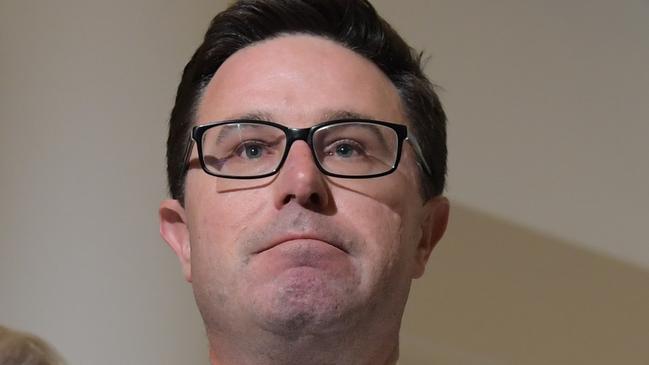
The Libs country cousins said Labor’s "higher" 43% emissions reduction target will place a tax on all Australians.
"Once you legislate, you are putting in place a tax," Littleproud said.
Greens leader Adam Bandt
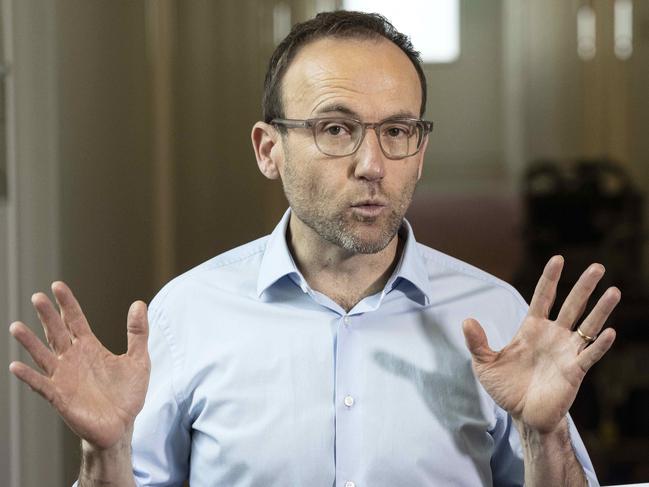
About a week ago Bandt outlined the amendments the Greens want to see happen, else, he hinted when speaking on ABC's Insiders, they'll - potentially - side with the Libs, Nats and maybe folk like Pauline Hanson to vote down the climate change bill when it reaches the Senate where the Greens have more authority.
Bandt said the four amendments the Greens wanted were:
- Making the 43% target "a floor not a ceiling"
- Ensuring there is no ability for future governments to relax the target
- No new coal and gas projects
- That the government be held to account on action.
Fast forward to Tuesday (aka yesterday) and he appears to have softened the demand for Labor to say "yeah but nah" to new fossil fuel ventures.
Bandt said there could be other ways the Greens could fight for a ban on new coal mines and gas projects, including tweaking environmental approval laws by negotiating for a “climate trigger” to be implemented. Something new independent Senator David Pocock is in favour of.
“There are a variety of ways in which the question of new coal and gas could be dealt with,” Bandt said.
“It is woeful in this country that you can approve new projects under our environmental rules without even having to think about the climate.”
The change of pace by the Greens comes after Labor toned down its rhetoric - said "of course 43% is a floor, not a ceiling" in terms of targets as Bowen further outlined the government's ambition for greater emissions reduction this week.
Bandt’s position is now reportedly to “improve and pass” the legislation.



